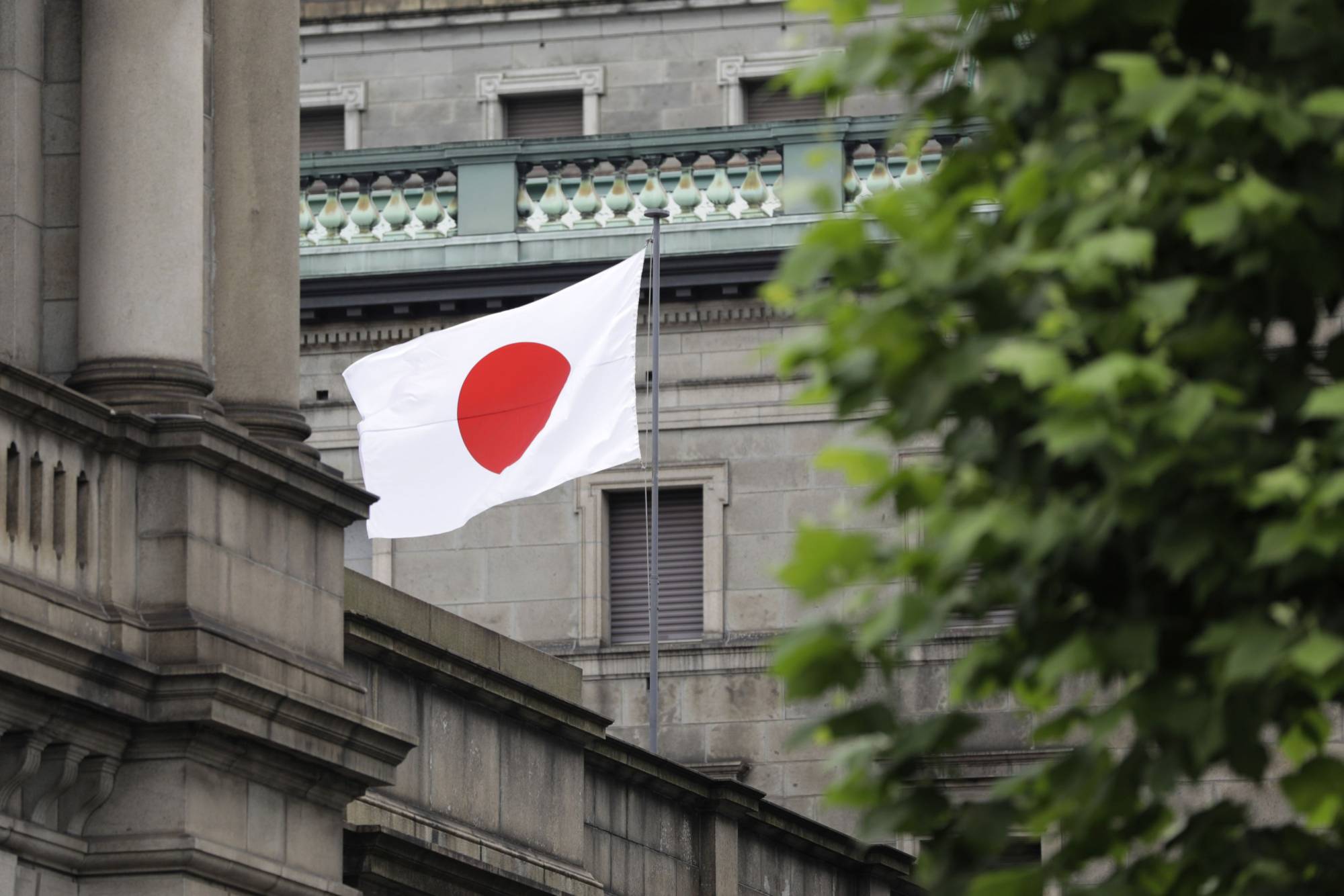Rising yields are creating buying opportunities in global bond markets, but Japanese investors are likely to stay home.
Japan’s 20-year securities offer a volatility and currency hedged-adjusted yield that’s more than twice that of Treasuries for Japanese investors, according to a Bloomberg analysis. The yield also outstrips that on high-yielding notes from Italy, and outperforms those of six other developed markets.
Japanese bonds have largely escaped the rout that has jolted other debt markets as the central bank’s ultra-loose monetary policy keeps yields locked in a narrow range. The investment patterns of Japan’s funds are worth watching given the Asian nation’s position as the world’s largest net creditor.


















With your current subscription plan you can comment on stories. However, before writing your first comment, please create a display name in the Profile section of your subscriber account page.